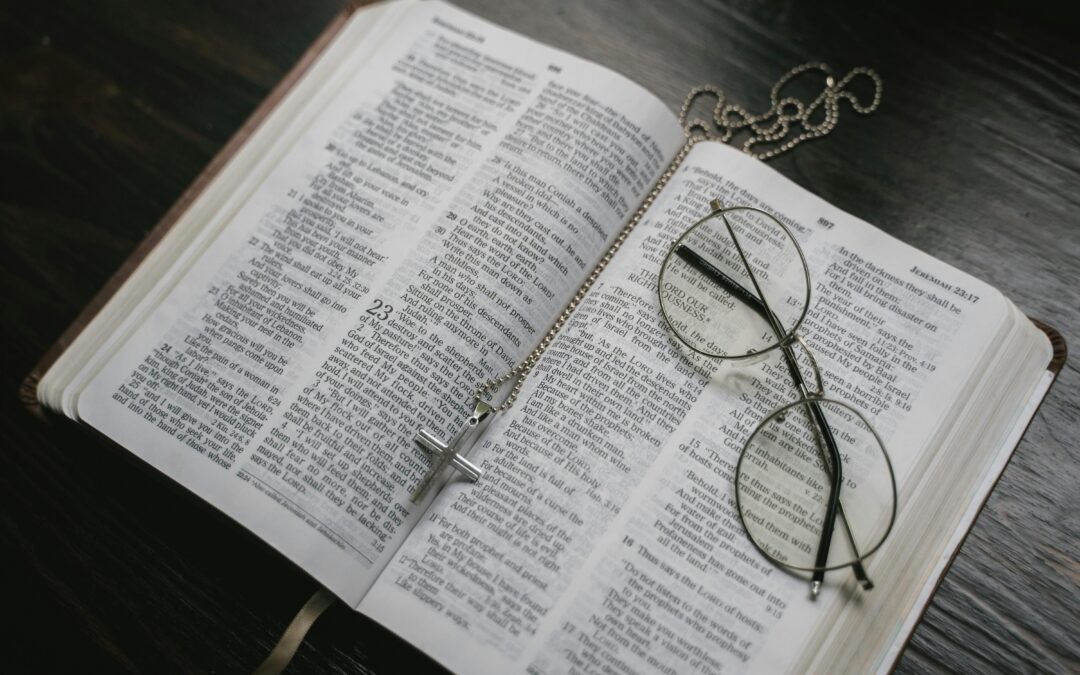Lesson 153 of A Course in Miracles offers a quiet unraveling of the way we’ve been taught to survive. We’ve learned to guard ourselves, to calculate our responses, to brace for impact. The Course gently suggests that all this guarding keeps us bound to fear. The Course points us toward a different kind of safety, rooted in quiet awareness. It invites us to notice what’s already steady underneath the fear.
“Defenselessness is strength. It testifies to recognition of the Christ in you.” (W-153.6:1.)
The strength described in the Course is quiet and steady. It’s the kind of strength that’s steady and grounding, felt more than seen. It comes from recognizing what holds us at the center of our being. It’s anchored in something deeper than effort—a quiet knowing that holds steady beneath all the noise of striving.
The Bible echoes this in its own language of trust.
“The Lord will fight for you, and you have only to be silent.” (Exodus 14:14.)
The Israelites stood at the edge of the sea, afraid and unsure. God didn’t offer them a plan to follow. He invited them into quiet. Instead of rushing to act, they were shown another way—one that moved through stillness and trust. To step aside and let something larger than fear part the way forward.
“Be still, and know that I am God.” (Psalm 46:10.)
Stillness is a place where breath returns and our thinking slows down. It’s where the noise softens and we’re more able to hear what truly matters. It’s where we stop reacting and begin to listen. The world trains us to brace. Spirit invites us to soften.
“But I say to you, Do not resist the one who is evil. But if anyone slaps you on the right cheek, turn to him the other also.” (Matthew 5:39.)
Jesus didn’t teach defenselessness as weakness. He taught it as a way to end the cycle of attack entirely. By standing in a grounded presence that no longer takes the bait of fear. There’s power in refusing to meet fear on its terms.
“My grace is sufficient for you, for my power is made perfect in weakness.” (2 Corinthians 12:9.)
Paul came to recognize a surrender that opened something wider in him—something that expanded his sense of what real strength looks like. Grace has a way of rising when we stop trying to carry it all alone. It appears in the quiet space after striving, steady and generous. As the Course reminds us:
“Perhaps you will recall the text maintains that choice is always made between Christ’s strength and your own weakness, seen apart from Him.” (W-153.6:3.)
There’s a gentler way to live. We stop striving. We listen. We let what’s true rise without interference.
“In repentance and rest is your salvation, in quietness and trust is your strength.” (Isaiah 30:15.)
But we resist. The ego wants to keep solving things, to stay one step ahead. It tells us we have to protect ourselves or no one else will. Yet over and over, the holy message returns: you are already held.
“If God is for us, who can be against us?” (Romans 8:31.)
This is a different kind of confidence—one rooted in the deep foundation of the Course. It reminds us that our light is already secure. The light in us is steady and whole. It doesn’t need to be defended. It only needs to be remembered.
“You lay aside but what was never real, to look on Christ and see His sinlessness.” (W-153.20:7.)
Choosing defenselessness means loosening our grip on what we thought made us safe. It allows something more honest to surface—something less about control and more about peace. We stop tightening. We step out from behind the mask. And we begin to walk in the kind of strength that doesn’t have to shout.
We begin to walk this way with a quiet trust, learning—step by step—that the Love of God is enough to meet us where we are and carry us forward. This Love isn’t something we have to manufacture. It’s already here—God’s steady presence, always near, always whole.
Daily Reflections:
-
Where do I notice myself going on the defensive—whether in conversations, decisions, or even inner thoughts? Take a moment to observe where you’re bracing. Is it helping—or is it reinforcing fear?
-
What would it look like today to choose stillness instead of strategy? Can you pause before reacting, and listen inwardly instead?
-
When have I experienced a deeper kind of strength—not from effort, but from letting go? Reflect on a time when surrender brought clarity, peace, or direction.
-
What am I still trying to control that might be safe to release? Consider what you’ve been managing out of habit. Is it time to let Love hold that space instead?
-
How can I practice defenselessness in a way that’s grounded, wise, and kind? This isn’t about being passive—it’s about trusting the Presence within you to lead.


